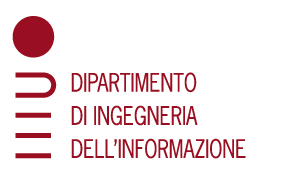We address the issue of organizing principles for three different types of emerging systems: wireless networks, sensor networks, and networked control. In wireless networks, there is no a priori notion of links: transmitting nodes simply radiate energy, and receiving nodes hear a superposition of all such transmissions. The wireless medium therefore offers many more possibilities for communicating information than just relaying packets from node to node. We address the question of what should be the architecture of wireless networks, as well as determining fundamental limits on their information carrying capacity. Sensor networks are comprised of nodes equipped with sensors monitoring their environment, as well as computational and wireless communication capabilities. Besides merely transmitting information, nodes can also combine, discard or process information. Thus the entire network comprises a computational cum communication system. We address the issue of how information should be processed within such networks. Finally, we turn to the problem of networked control, where nodes can act on their environment, as well as sense. We propose an abstraction of virtual collocation for enabling the proliferation of such systems, and provide an overview of efforts in the Convergence Lab at the University of Illinois.(Joint work with G. Baliga, V. Borkar, A. Giridhar, S. Graham, P. Gupta, K. Plarre, C. Robinson, H-J. Schuetz, R. Solis, L-L. Xie).






